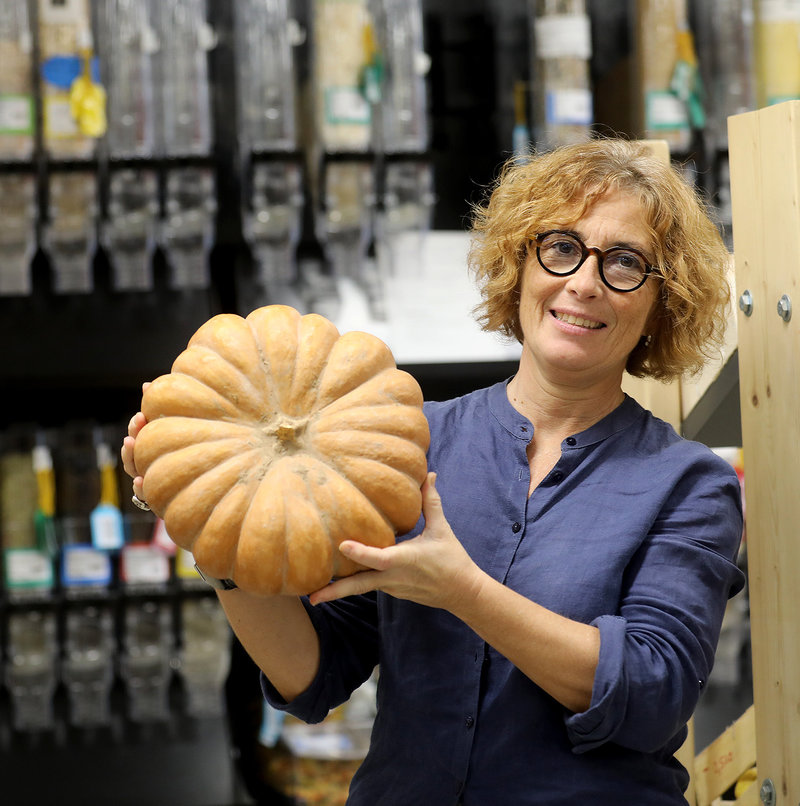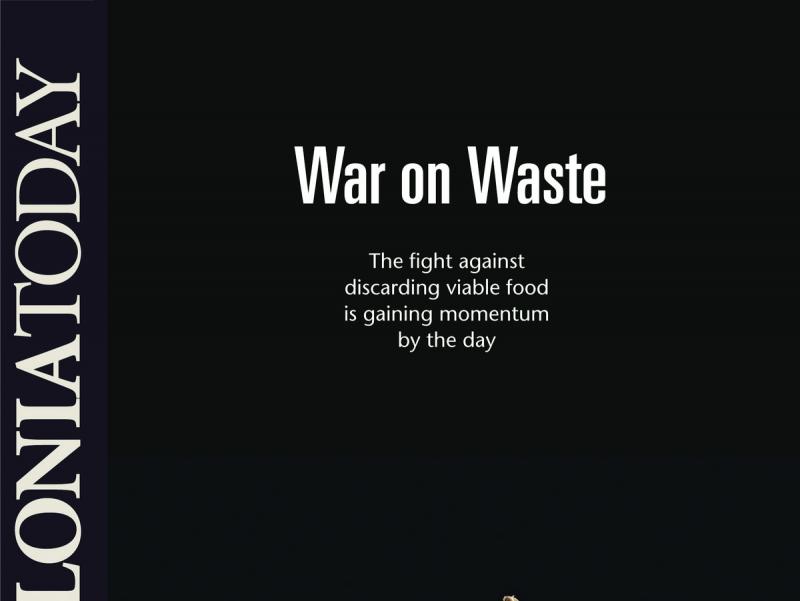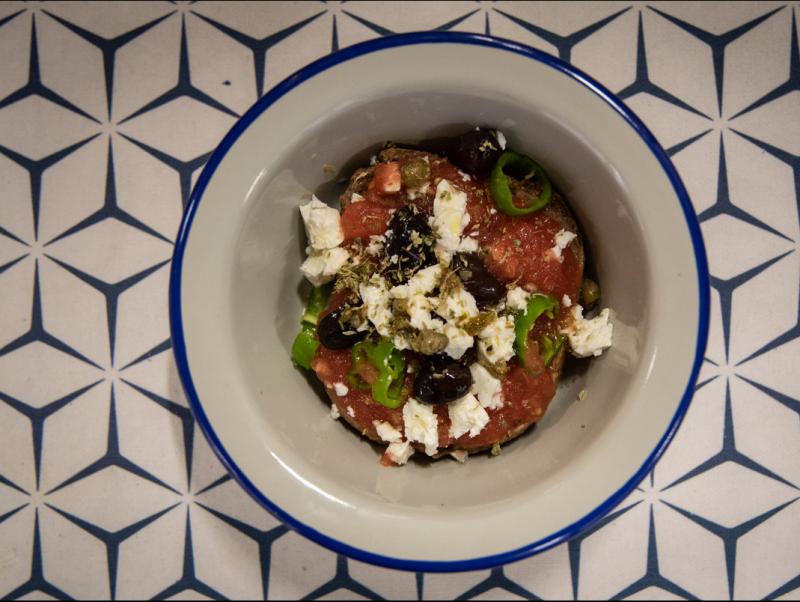Mobilising support and public pressure are among the reasons behind the progress made in the fight against food waste. In Catalonia, the work done by the Plataforma Aprofitem les Aliments (PAA), headed by Gaby Susanna, clearly stands out.
Are we sufficiently aware of the scale of the problem?
It’s not just what we throw away at home. We must try to avoid this more personal and reduced point of view in favour of a much broader and complete vision of the food cycle. When we go shopping we choose, and choosing means we reject a product, either because it is too big or too small or because it has an odd shape. Who buys a potato that weighs 600 or 800 grammes? Everyone wants standard food, and since nature is not perfect, the only solution left to the farmer is to overproduce, which means that part of the food will not go on sale. This is one of the keys, and our responsibility is to convey that the problem of food waste is systemic, very complex and multi-causal, which is why it requires a broad vision and that all actors in the cycle work together.
Which changes should be a priority, for consumers?
We must open our minds and be much more aware that behind every food there is a person, and that it’s not so much about what we want to eat, but what is sensible. All this is being worked on in the field of collective catering and schools. Providing quality organic food to schools means that there’s a manager who works very closely with the primary sector and that there are commitments of shared responsibility. If harvests have been agreed according to some menus but it turns out that a hailstorm has damaged the green beans, we must be able to put the problem on the table and agree on a solution, such as changing the menu and using other vegetables. We have to explore different ways, tighten the bonds with the producers, work together much more closely, and be more flexible.
How do you work with the different links in the food chain?
As much as we can, we work with each link, although depending on the year, we focus more on one or the other. Together with the School of Hospitality and Tourism of Barcelona, we have drawn up a 12-step guide to achieve more sustainable catering, for example. We are very interested in knowing good practices and making them known so that they can be replicated. The cook Ada Parellada, for example, has three dish sizes at the her Semproniana restaurant, and many restaurants have made their menus more flexible to allow diners to have half a plate or modify dessert so that the customer can adapt according to their appetite and eating capacity. With regard to school canteens, it’s very important to work on this issue as an educational project and involve all actors.
How?
The cook must be able to interact with the children and explain to them the reason for things. For example, you can warn them that in winter they will not have tomato sauce because it is made with seasonal produce and that you will have to make an alternative sauce. And everyone, monitors, teachers and families, must do the same thing. This is the reason why the platform was born: we were convinced that we had to have a global view of the problem and work together.
The platform was set up nine years ago. Where were we then and where are we now?
At the beginning we were a group of entities and people closely linked especially to the world of waste, who started to make the problem of waste visible, but since then we have all learned a lot, as we ended up having a much better global vision. What is failing is the food system. We are immersed in a model that is not the right one, and waste is a consequence. In terms of awareness, it has improved a lot. The first meal we did in Barcelona with recovered food marked a turning point. We managed to bring together representatives of the public authorities, restaurants and the social sector in the same room, and show that it was a problem that challenges us all to choose a different path, towards sustainability.
Where has more progress been made and what is missing?
In terms of raising awareness, we have done a good job, although there is still a lot to do. We need to hold even more meetings to publicise the projects that exist, because there are many, very nice and easily replicable ones. We still have a long way to go, however, in terms of quantification. If we do not know our starting point, it is very difficult to set goals and see if we are moving in the right direction. In this sense, budgets are missing. We also lack homogeneous methodologies, which allow us to compare data. The figure of 35 kg of wasted food per inhabitant in Catalonia is from 2010 and is taken from municipal waste, which includes retail, catering and households, but does not take into account the entire food cycle. This number is very small. In Europe, there are already studies that speak of up to 180 kg per citizen per year.
Give us some examples of good practices.
At the El Rosal workshop in Tàrrega, they crumble the leftover dough left on the baking tray from making their biscuits, put chocolate on it and turn it into a topping that they sell. This is putting imagination into it. At Coop Gavà they grow and prepare trays of vegetables for making broth. They worked on the issue of planting density so that the turnips and parsnips were smaller and could fit on the try without needing them to be cut in half, which is when they go bad earlier.
What will happen to donations to social entities if companies are reducing surpluses?
There will be fewer donations in the form of food, but the fact is that the model is already changing. We are all working to empower people by providing them with tools and resources so that they can stand up for themselves. It is not about giving a batch of food to the poor, which is what has been done until now, but about helping vulnerable groups with tools they can use, such as a wallet card that allows them to enter a supermarket and choose what they want. If you are just given a bag of food you might find products that you don’t know how to cook or that you can’t cook because you don’t have the equipment or the energy resources to do so. We must guarantee the right to food, but in a different way than it is done now.
interview FOOD WASTE



